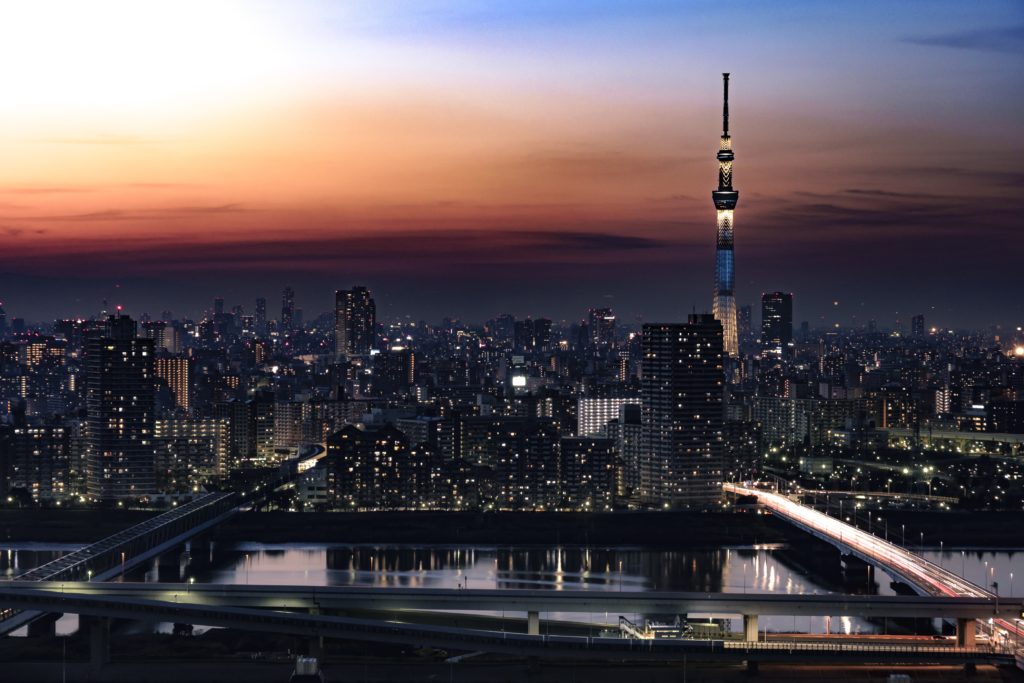The Peninsula
Challenges for the Moon Administration in Addressing Relations with Japan

This is the tenth in a series of blogs looking at South Korea’s foreign relations for the new Korean administration. The series also includes blogs on relations with North Korea, China, the United States, Russia, the European Union, ASEAN, Africa, the Middle East, and Latin America.
By Juni Kim
This year has already seen a dramatic roller-coaster of events in South Korea-Japan relations. In protest over a “comfort woman” statue installed near the Japanese consulate in the southern Korean city of Busan, Japan withdrew its ambassador, Yasumasa Nagamine, and consul general in Busan, Yasuhiro Morimoto, this past January due to what the Japanese saw as a violation of an agreement made by the South Korean and Japanese governments in December 2015. The agreement provided ¥1 billion ($8.3 million) from the Japanese government to Korean victims of forced sexual servitude to Japanese troops during World War II, and was controversial from its outset with critics deriding that the deal insufficiently addressed the atrocity. Despite the deal, civic activists installed the bronze statue in Busan last December, which was initially removed by local authorities and then later reinstalled after a large public outcry. Although Japan sent both officials back to Korea last month, historical issues like comfort women continue to be a hotly controversial aspect of the South Korea-Japan relationship.
Recently elected South Korean President Moon Jae-in has sent strong indications that the 2015 agreement, which the foreign ministers from both countries declared a “final and irreversible resolution” to the issue at the time, will be renegotiated. In a telephone conversation with Japanese Prime Minister Shinzo Abe last week, Moon called the deal “unacceptable” for most South Korean people and his special envoy to Japan Moon Hee-sang reiterated the stance in a meeting with Japanese Foreign Minister Fumio Kishida this week. At the moment, what form a proposed restructured deal will look like is a mystery, but the administration will likely move forward soon in seeking a new deal.
Public opinion polls support the assertion that historical issues like comfort women are far from resolved for most South Koreans. A joint poll by the East Asia Institute and Genron NPO in 2016 showed that 74.9% of South Koreans believe that resolving historical disputes is a step towards improving relations, and 75.7% agreed that resolving the comfort women issue would better the relationship. These issues polled much higher than other avenues of cooperation including joint efforts to resolve North Korea’s nuclear program (7%) and increasing cultural exchange opportunities (7.9%). The poll was conducted last June and July, and the series of tumultuous events in both South Korean domestic politics and South Korea-Japan relations since then will certainly have an impact of how South Koreans view the relationship currently.
Despite the controversy, the new South Korean administration has stated the importance of the South Korea-Japan relationship and hope for improving ties. In a meeting between Abe and special envoy to Japan Moon Hee-sang yesterday, both officials acknowledged the two countries’ shared security and economic interests. The South Korean politician relayed President Moon’s intention to meet with Abe “at the earliest date” and build “forward-looking relations.” Moon likewise was quoted saying, “The countries must look squarely to their history so issues related to their past will not become an obstacle while the countries move toward a more developed, mature relationship.”
Considering the breadth and significance of the South Korea-Japan relationship, avenues to improve relations certainly exist. According to the World Bank, Japan is South Korea’s fifth largest importer and second largest exporter. South Korea and Japan also regularly cooperate in military drills, including one this past March, designed to counter the North Korean threat. The General Security of Military Information Agreement (GSOMIA), an intelligence sharing agreement signed last year by the two countries, is set to expire on November 23rd and it provides an opportunity for the new administration to balance how it handles shared security interests with historical issues.
The South Korea-Japan relationship is no stranger to controversy and at times souring ties, but both countries can benefit from improving relations and focusing on common goals. North Korea remains a defiant and volatile threat to both nations, and with a new South Korean administration in place both South Korea and Japan can relaunch efforts to signal their unified strength against North Korean aggression. The past few months have illustrated the difficulties in addressing historical issues between the two neighboring countries, and the rift is highly unlikely to be resolved overnight even if a new deal is created. However, both governments should continue to maintain an open communicative relationship to work towards finding enduring solutions.
Juni Kim is the Program Manager and Executive Assistant at the Korea Economic Institute of America (KEI). The views expressed here are the author’s alone.
Photo from B Lucava’s photostream on flickr Creative Commons.
